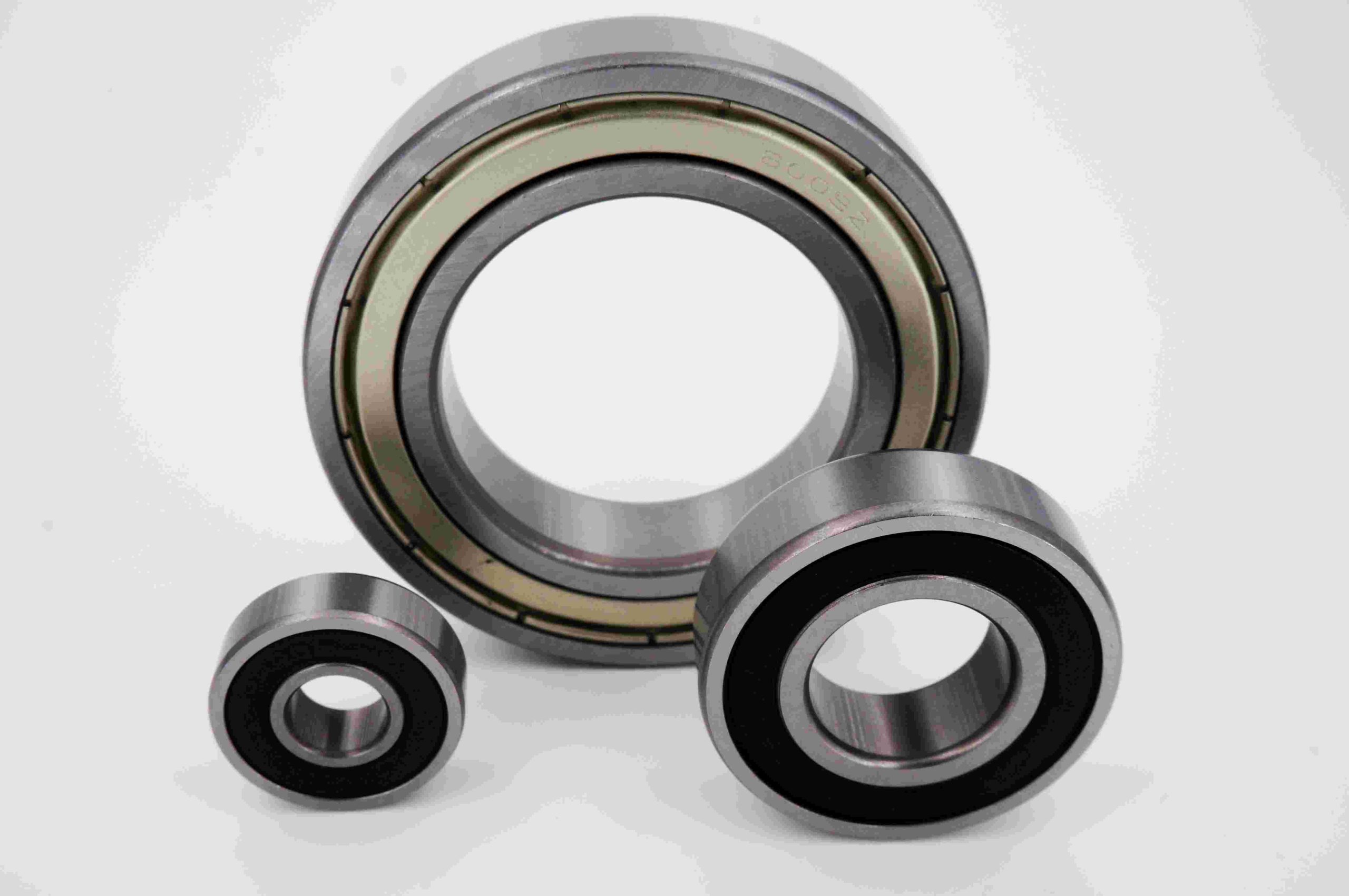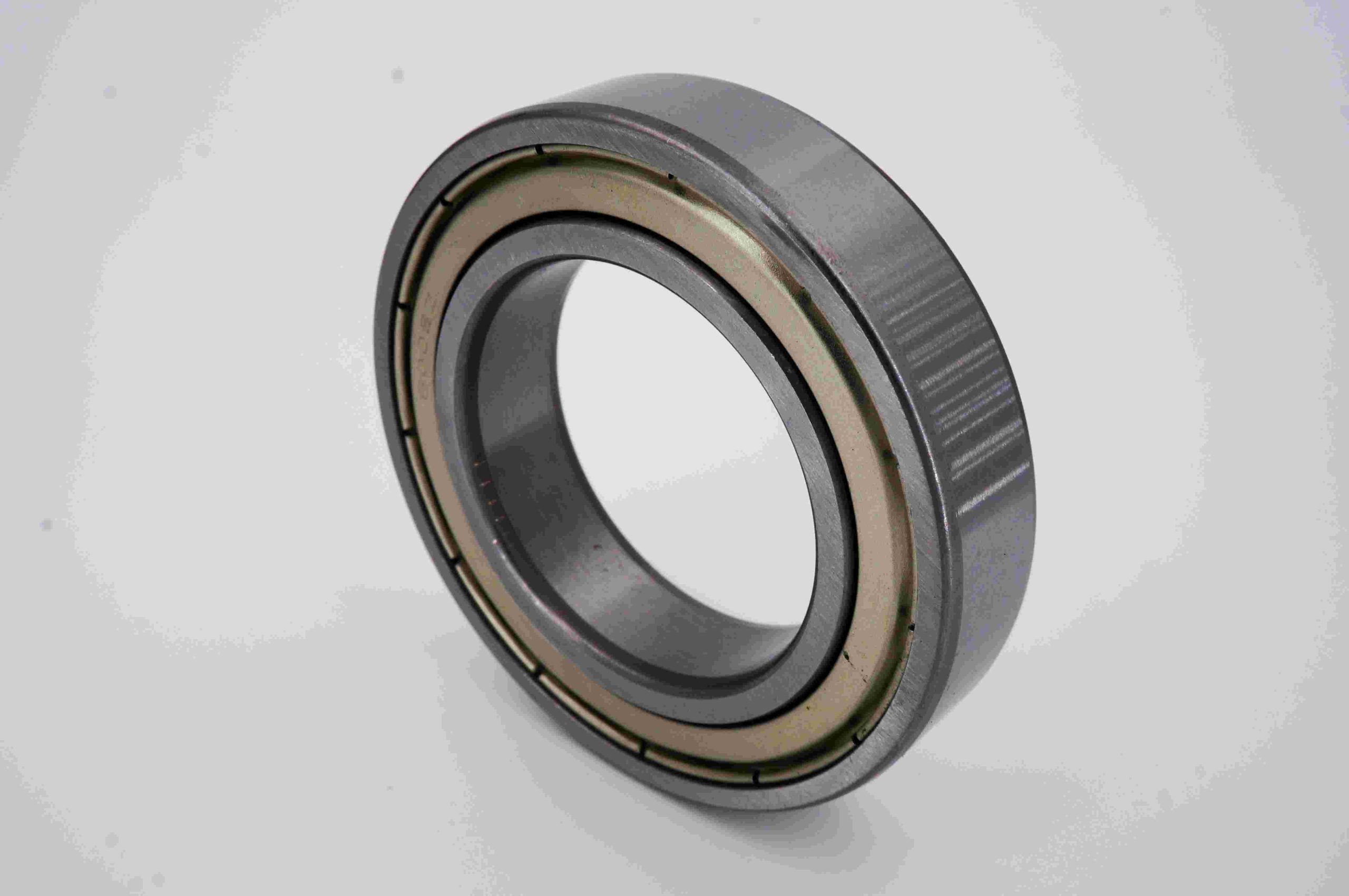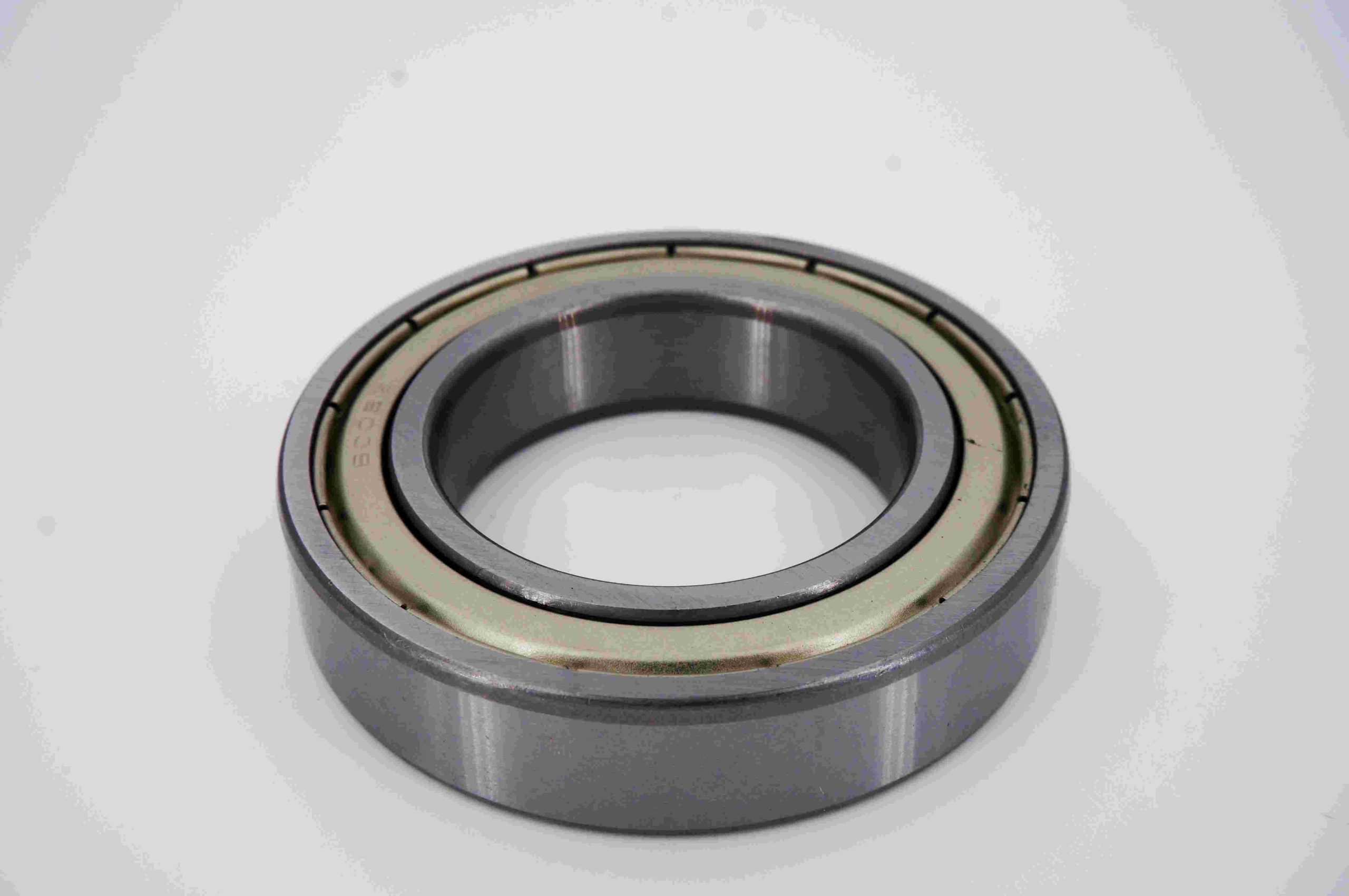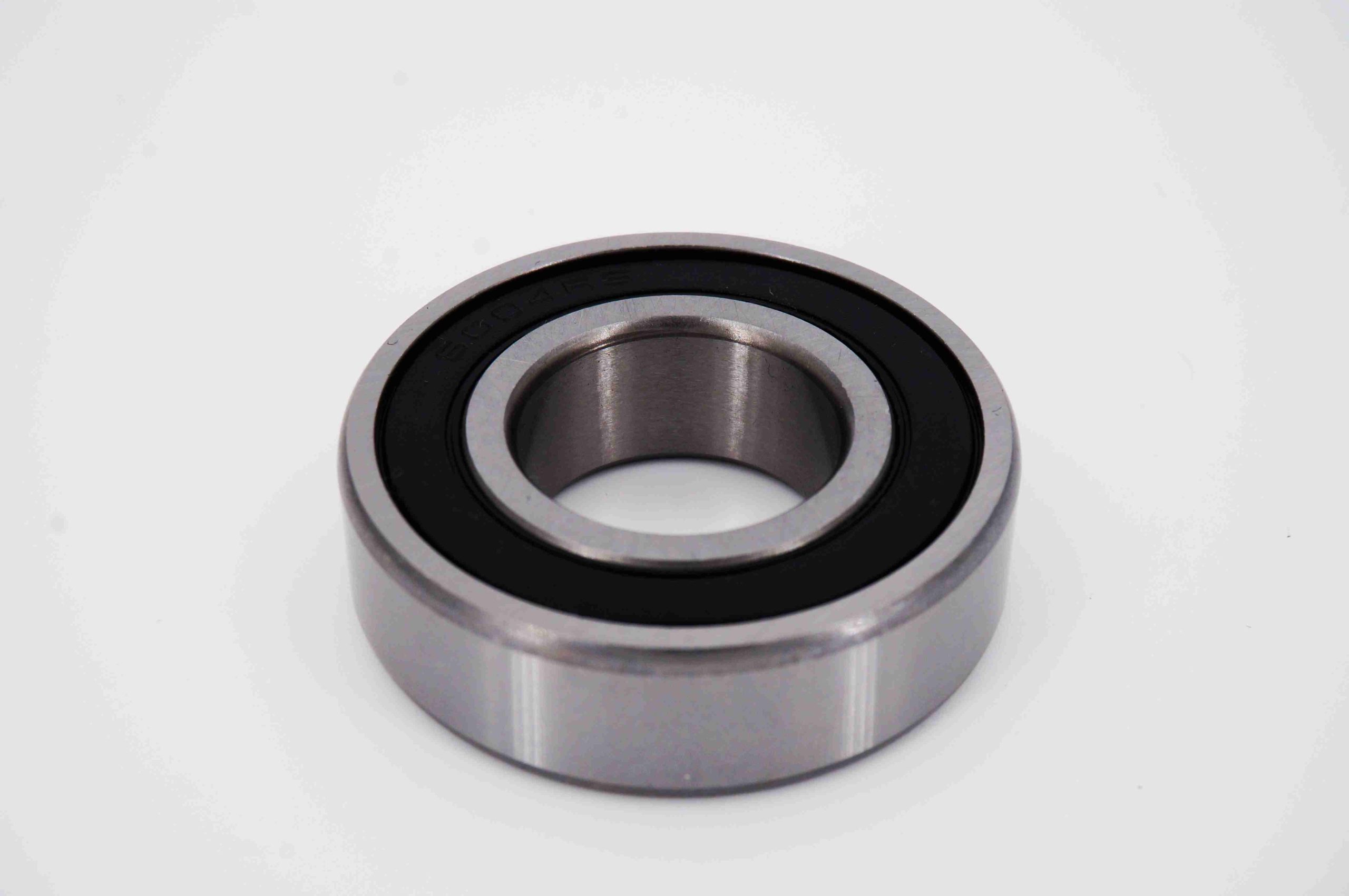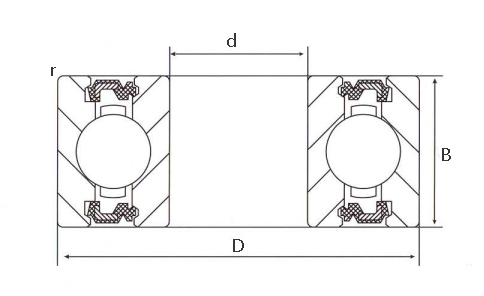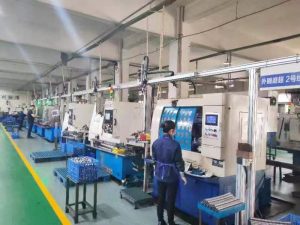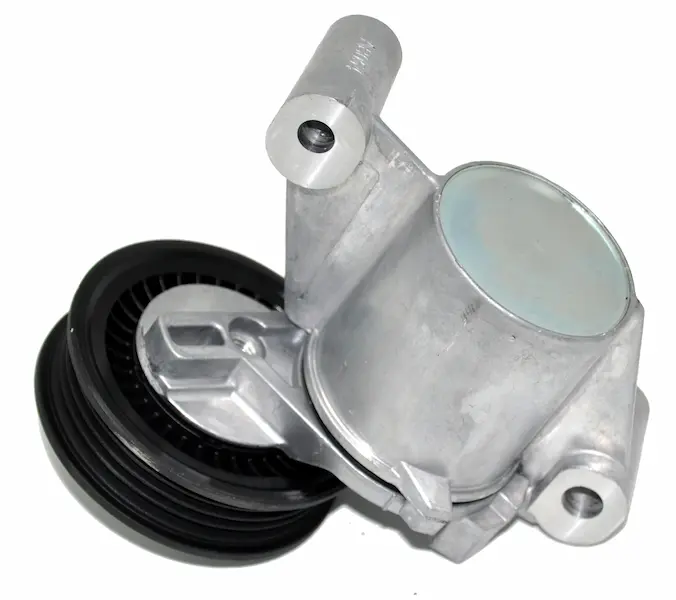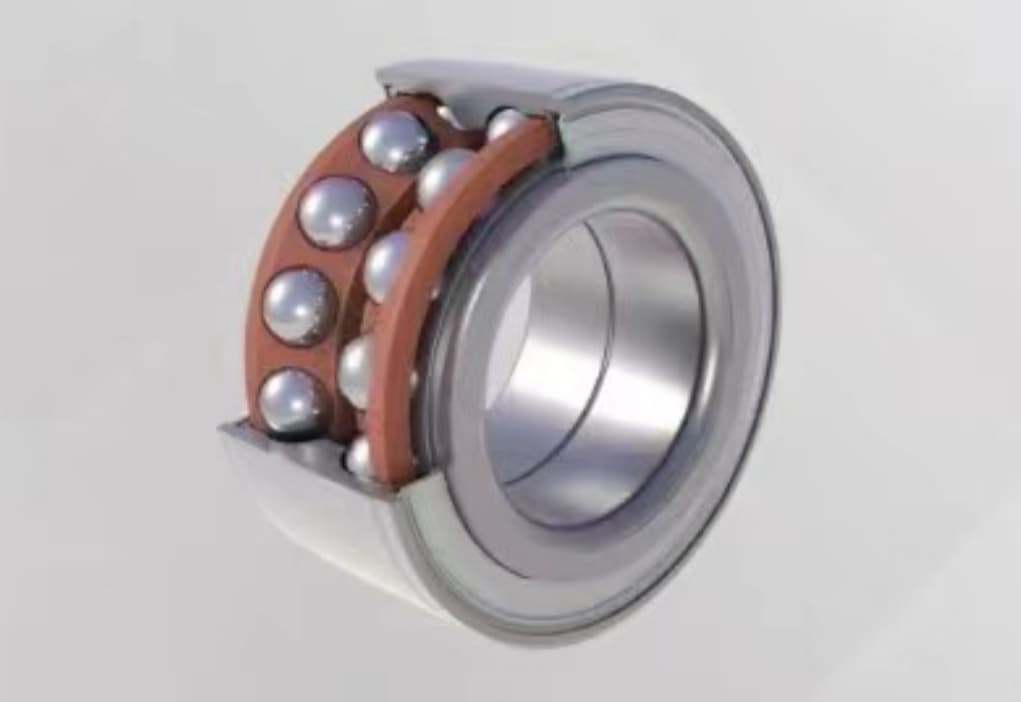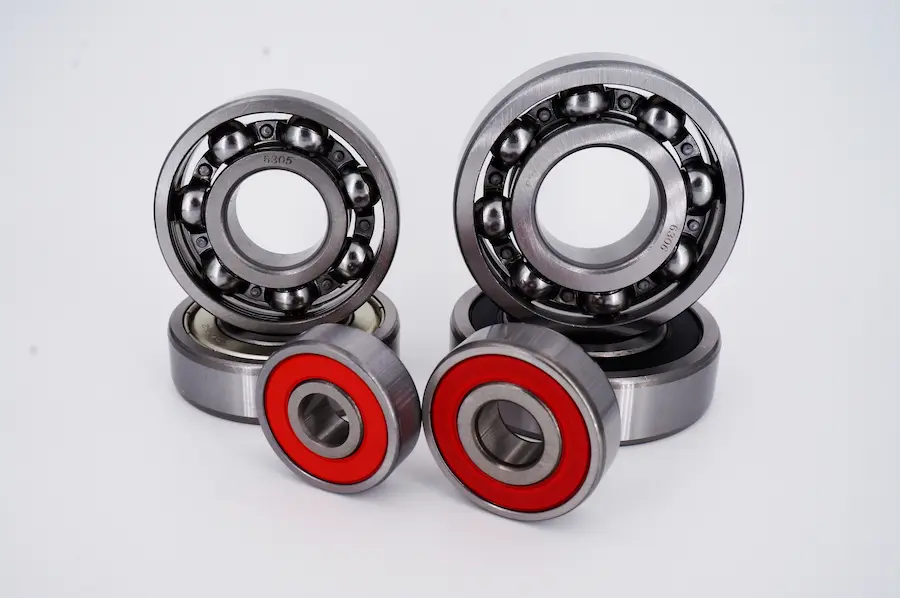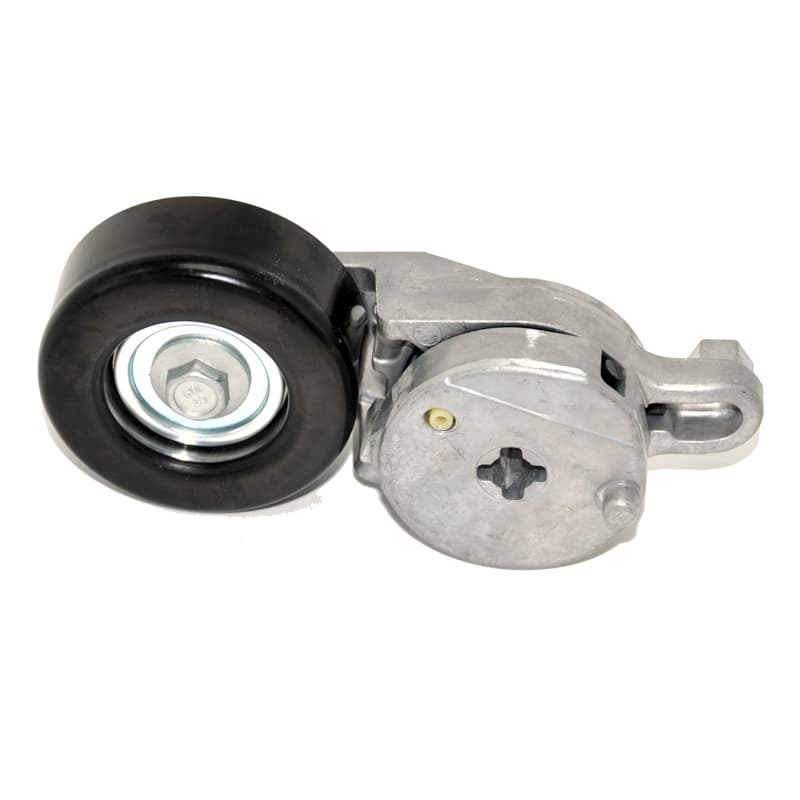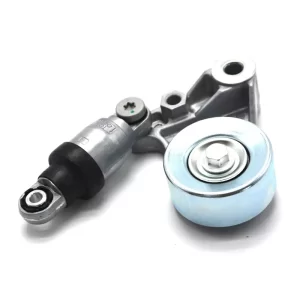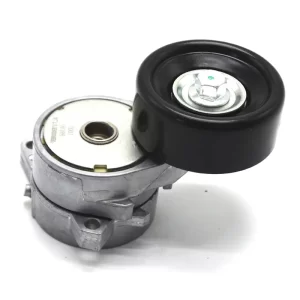Bantalan bola dalam alur adalah komponen integral yang dikenal karena desainnya yang kuat, keserbagunaan, dan kemampuannya untuk mendukung berbagai beban sambil mempertahankan kinerja dan keandalan berkecepatan tinggi di berbagai aplikasi.
Dengan menggunakan dan memelihara bantalan bola dalam alur dengan benar, Anda dapat meningkatkan kinerja dan keandalan mesin dan perangkat Anda, memastikan pengoperasian yang tahan lama dan efisien.
Pabrik kami memastikan kualitas bantalan bola dalam alur melalui langkah-langkah yang cermat: pemilihan material yang ketat, pemesinan yang presisi, perlakuan panas untuk daya tahan, inspeksi menyeluruh, dan pengemasan yang cermat untuk keandalan.
Bantalan bola dalam alur adalah jenis bantalan elemen gelinding mendasar yang ditandai dengan kemampuannya untuk mendukung beban radial dan aksial. Berikut ini adalah rincian rinci tentang konstruksi dan fungsinya:
- Konstruksi:
Cincin Dalam dan Luar: Bantalan terdiri dari cincin bagian dalam yang pas dengan poros dan cincin luar yang mengelilingi rakitan yang berputar.
Alur Jalur Balap: Kedua ring memiliki jalur balap yang dalam dan kontinu yang memfasilitasi pergerakan bola baja.
Bola Baja: Diposisikan di antara cincin bagian dalam dan luar, bola-bola ini memiliki jarak yang sama dan menggelinding di sepanjang alur raceway. - Fungsionalitas:
Kapasitas Beban: Alur raceway yang dalam memungkinkan bantalan untuk membawa beban radial (tegak lurus terhadap poros) dan beban aksial (sejajar dengan poros) di kedua arah.
Kemampuan Kecepatan Tinggi: Didesain untuk efisiensi, bantalan bola dalam alur beroperasi pada kecepatan tinggi dengan gesekan dan kebisingan yang minimal.
Keserbagunaan: Kamera ini cocok untuk berbagai aplikasi yang memerlukan rotasi yang mulus dan andal dalam berbagai kondisi. - Fitur:
Segel dan Pelindung: Bantalan dapat dilengkapi dengan segel atau perisai untuk melindungi dari kontaminan dan mempertahankan pelumasan di dalam bantalan. - Jaminan Kualitas:
Kami memastikan kualitas melalui proses yang ketat, termasuk pemilihan material, pemesinan presisi, perlakuan panas untuk daya tahan, dan pengujian komprehensif.
Langkah-langkah kontrol kualitas memverifikasi keakuratan dimensi, hasil akhir permukaan, dan karakteristik kinerja untuk memenuhi standar industri dan persyaratan pelanggan.
Bantalan ini dihargai karena operasi kecepatan tinggi, kinerja yang tenang, dan kemampuannya untuk berfungsi dengan andal dalam berbagai aplikasi, termasuk mesin industri, sistem otomotif, dan perangkat rumah tangga.
Tips Memasang Bantalan Bola Alur Dalam
- Persiapan:Pastikan ruang kerja bersih dan bebas dari kontaminan. Kumpulkan semua peralatan dan perlengkapan yang diperlukan, seperti penarik bearing, alat pres, dan sarung tangan bersih.
- Inspeksi:Periksa bearing dan rumahnya untuk mengetahui adanya tanda-tanda kerusakan atau cacat sebelum pemasangan. Pastikan poros dan rumah bersih dan bebas dari gerinda atau ujung yang tajam.
- Penanganan yang benar:Tangani bearing dengan tangan atau sarung tangan yang bersih dan kering untuk mencegah kontaminasi. Hindari menjatuhkan atau membenturkan bearing, yang dapat menyebabkan kerusakan.
- Penjajaran yang Tepat:Pastikan bantalan disejajarkan dengan benar dengan poros dan rumah. Gunakan alat penyelarasan jika perlu untuk menghindari ketidaksejajaran, yang dapat menyebabkan kegagalan dini.
- Penerapan Kekuatan:Berikan gaya hanya pada ring yang sedang dipasangkan. Misalnya, berikan gaya pada ring luar saat memasang ke dalam rumah dan ke ring dalam saat memasang ke poros. Gunakan alat pengepres atau alat pemasangan bearing untuk memberikan tekanan yang merata. Hindari menggunakan palu atau alat tumbukan lainnya, karena dapat menyebabkan kerusakan.
- Pelumasan:Lumasi bearing dengan jenis dan jumlah pelumas yang sesuai yang ditentukan oleh produsen. Jika bearing telah dilumasi sebelumnya dan disegel, tidak diperlukan pelumasan tambahan.
- Pemanasan dan Pendinginan:Untuk pemasangan yang pas, Anda mungkin perlu memanaskan bantalan atau mendinginkan poros. Gunakan pemanas induksi atau metode yang sesuai untuk menghindari pemanasan yang terlalu panas atau tidak merata. Jangan melebihi batas suhu yang ditentukan oleh produsen.
- Segel dan Perisai:Pastikan semua seal atau pelindung dalam keadaan utuh dan diposisikan dengan benar. Segel dan perisai melindungi bantalan dari kontaminan dan mempertahankan pelumasan.
- Pengujian:Setelah pemasangan, putar bantalan dengan tangan untuk memastikan gerakan yang mulus dan bebas. Periksa apakah ada suara bising, pengikatan, atau hambatan yang tidak biasa.
Dengan mengikuti tips ini, Anda dapat memastikan pemasangan bantalan bola dalam alur yang tepat dan efisien, yang mengarah pada peningkatan kinerja dan umur panjang peralatan Anda.

